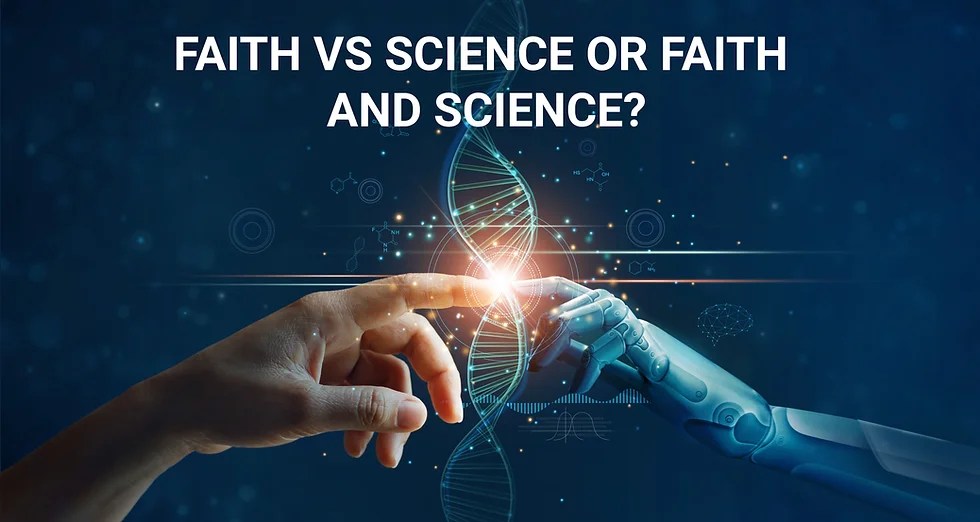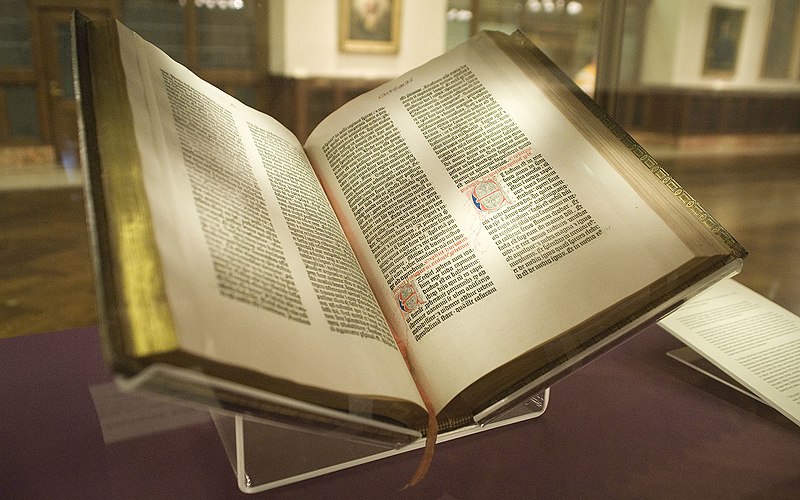The relationship between faith and science has long been a subject of both conflict and curiosity. On one hand, science seeks to explain the natural world through empirical observation, testing, and evidence. On the other, faith is grounded in belief in the unseen, the divine, and spiritual truths that go beyond human understanding. Despite these differences, the two need not be at odds. In fact, they can coexist and even complement each other, providing deeper insights into the mysteries of life and the universe.
The Historical Tension
Historically, there have been significant moments of tension between faith and science. One notable example is the trial of Galileo Galilei in the 17th century, which marked a clash between the Catholic Church’s geocentric model of the universe and Galileo’s heliocentric theory. This event became emblematic of the perceived conflict between religion and science, leading many to believe that the two were fundamentally incompatible.
However, this narrative oversimplifies the relationship. Many of the early pioneers of modern science were deeply religious individuals. Isaac Newton, Johannes Kepler, and Gregor Mendel—whose work laid the foundations for physics, astronomy, and genetics, respectively—were all people of faith. Newton, for instance, saw his work in physics as a way of uncovering the divine order of the universe. Mendel, known as the father of modern genetics, was also an Augustinian monk. For them, faith and science were not separate; rather, they informed and enriched one another.
Faith and Science in the Modern Era
In the modern world, science has made tremendous strides in understanding the natural world. From the discovery of DNA to the exploration of distant galaxies, scientific achievements continue to deepen our knowledge of the universe. Yet, these advancements often prompt questions that intersect with faith. Can science explain everything about the universe? Does the increasing complexity of scientific knowledge diminish the need for belief in a higher power?
While some assert that science renders religion obsolete, others argue that science and faith address different dimensions of human experience. Science seeks to explain the “how” of the universe—the processes and mechanisms behind the physical phenomena we observe. Faith, however, often addresses the “why”—the meaning and purpose behind existence, as well as the moral and spiritual questions that transcend the physical world. In this sense, faith and science can be seen as complementary, not contradictory.
Common Ground: Wonder and Inquiry
Both science and faith are driven by humanity’s deep desire to understand the world. Scientists, in their search for knowledge, seek to unravel the mysteries of the universe, whether through the study of subatomic particles or the observation of distant stars. For many scientists, the beauty and intricacy of the natural world evoke a sense of awe and wonder—feelings that are often associated with religious experiences. Similarly, religious faith is rooted in a sense of awe before the divine or the transcendent, which may parallel the reverence scientists feel in the face of natural phenomena.
Albert Einstein, a devout admirer of both science and spirituality, once remarked, “Science without religion is lame, religion without science is blind.” Einstein himself believed that the study of the universe revealed a profound “mind of God.” In this view, science and faith are not opposing forces but two complementary paths that help us better understand both the universe and our place within it.
The Role of Faith in Scientific Inquir
Faith also plays an important role in scientific inquiry, even in ways that might not be immediately obvious. For instance, science relies on certain foundational assumptions that cannot be empirically proven but are essential for conducting research. The belief that the universe operates according to consistent natural laws, for example, is an assumption that underlies all scientific work. Likewise, the trust that human reason and senses can accurately perceive and interpret reality requires a kind of faith.
Moreover, many scientists are motivated by an ethical commitment that stems from their personal beliefs. Faith in the value of discovery, in the pursuit of truth, and in the responsibility to use knowledge for the common good often drives scientific exploration. These values are deeply intertwined with religious or philosophical teachings that emphasize compassion, stewardship, and the search for wisdom.
Addressing the Limits of Science
Despite its many triumphs, science has clear limits. There are questions about the origins of consciousness, the nature of free will, and the ultimate purpose of existence that science cannot fully answer. These questions, which touch on the spiritual and philosophical dimensions of life, often lead people to turn to religion for deeper insights.
Take, for example, the question of the universe’s origin. While the Big Bang theory offers a scientific explanation for the birth of the universe, it doesn’t address the ultimate question of why there is something rather than nothing. Science may describe the how, but religion often seeks to explain the why. Here, faith offers a framework for understanding the purpose and meaning behind existence, which science, by its nature, does not attempt to explain
Conclusion: A Synergy, Not a Conflict
While the conflict between faith and science has been a longstanding theme, a more nuanced perspective reveals that the two need not be in opposition. Science and faith address different aspects of human life: science uncovers the workings of the natural world, while faith explores the deeper questions of existence, purpose, and meaning. When seen through this lens, they complement each other, each contributing to a fuller understanding of the world and our place in it.
As science continues to push the boundaries of knowledge and faith offers guidance on how to live meaningfully, the relationship between the two can evolve. Rather than viewing them as competing forces, we can appreciate the ways in which they inform and enrich one another. Together, faith and science can offer a more complete vision of reality—one that celebrates both the wonder of discovery and the quest for understanding life’s deeper meaning. Visit our Religion page to read more.














Post Comment